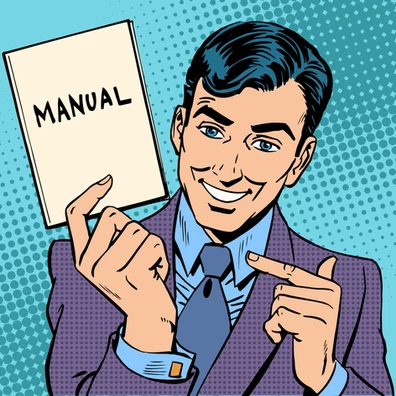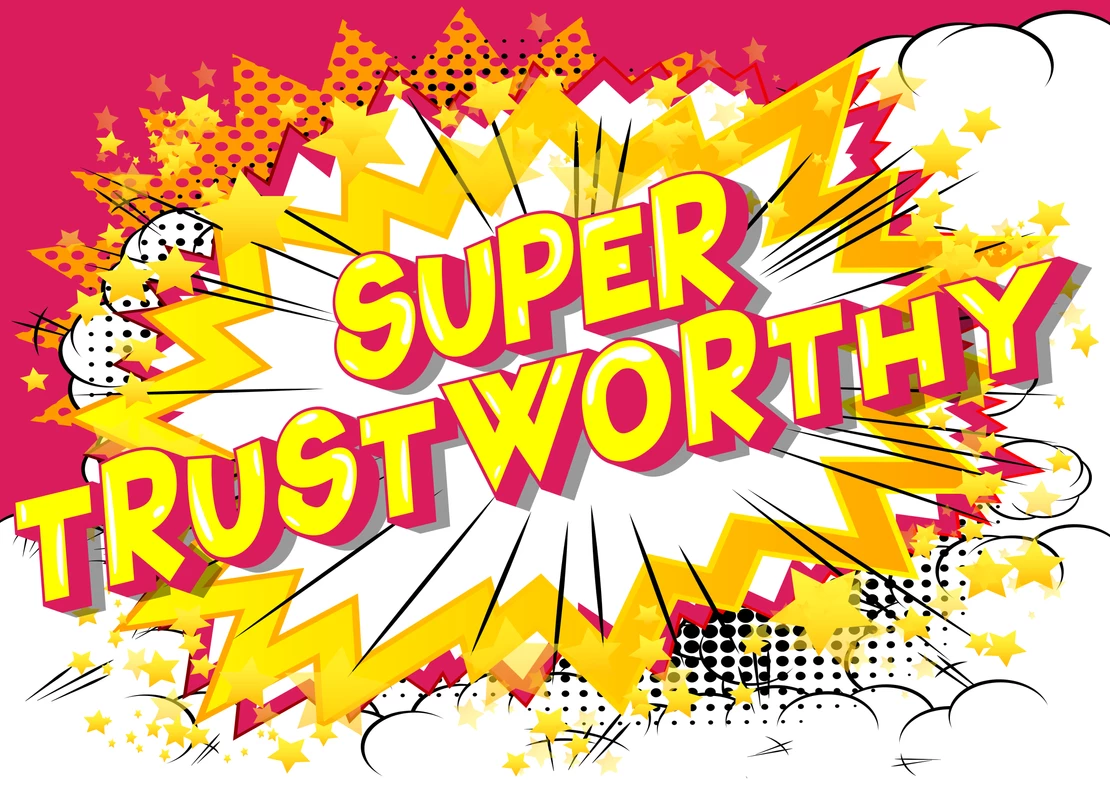Now, more than ever before, there is so much more to think about when considering the reputation of your brand online. In today’s volatile landscape, where political unrest, ongoing conflicts and identity politics dominate the global discourse, managing your brand’s reputation on social media has never been more critical. This is particularly true when engaging with Gen Z, a generation known for its keen demand for authenticity and alignment with personal values.
Research shows that Gen Z values brands that are transparent, socially responsible and genuinely committed to causes that matter to them. If you’re not real, they’ll know. We’ve all seen what can happen when a brand doesn’t take this into account. Some recent examples include Marks & Spencer, Zara and Bud Light, all of which upset their followers and struggled to address the backlash effectively.
So how can you make sure you’re on top of all and ensure that your brand resonates with the values and expectations of today’s discerning audience?
Tip 1: Define your persona
Your brand persona isn’t just your logo, colours, and website design – it’s the entirety of the face you show to the world. This includes your employees (and what they’re doing on social media), partnerships, suppliers, volunteers and any celebs or influencers that you’re working with. All this (and more) needs to be considered when defining how your brand appears online, and what to do when things don’t go to plan.

Tip 2: Implement processes
It’s vital to have defined processes in place, and include a crisis plan should your well-thought out campaigns go in a direction you didn’t predict. What if you’re accused of something by a customer, or if your product’s failed or put people at risk or if your staff or management have been found to have behaved inappropriately? These, and a myriad of other possibilities mean that if you have a process in place, and someone to manage it, you won’t be caught in a panic if the worst happens.
Tip 3: Working with influencers or celebs? Do your due diligence.
If you are working with influencers or ambassadors, make sure you research them thoroughly before committing to an agreement. They will be the face of your brand, and it’s easy to miss things about people, even from years back, that could be at odds with what you stand for. StrawberrySocial can help you assess influencers’ safety and suitability with our tailored Influencer Due Diligence service.
Tip 4: Make sure your risk assessment is up to date

What could go wrong with each of your campaigns?
Are you talking about sensitive topics (including political ‘hot potatoes’)? Are you a food brand who could be accused of causing food poisoning? In both cases, it’s vital to have approved statements ready to go, even if it’s a holding statement while you gather your response. And… make these statements human, not corporate.
Are your products aimed at children? Make sure your community managers are up to speed on what they can and can’t say, on privacy and protection laws for minors.
Keep a thorough record of what could go wrong, and make sure it’s kept up to date and communicated with all stakeholders.
Tip 5: Don’t overdo it on awareness days
Awareness days can be a great hook, a genuine reason for talking to your followers about your business. But have you ever seen brands jumping on every awareness day or month going, with no genuine link to their product or service? It doesn’t make them relevant, it comes across as disingenuous bandwagoning. Be mindful when choosing any awareness campaigns that they are genuinely relevant to your brand and speak to your fans.

Tip 6: Be consistent with content and community
Don’t ignore your community engagement when you’re between campaigns. Besides the obvious benefit of keeping your users connected to your brand identity, there is the bonus of not having to start your community from scratch each time you decide to do a campaign. Your brand advocates will be ready to like, share and promote your content from the get-go.
Remember, you can’t always be perfect, but you can be genuine and have a plan for the worst case scenario– it’s a lot of upfront work (we know!) but it’ll work hard for you in the long run.
If you need any help with online reputation management and protection for your brand, get in touch
Find out more about our services:
Community Management and Content Moderation
Charity Support
Influencer Due Diligence



 August 1, 2024
August 1, 2024  Share This Post
Share This Post